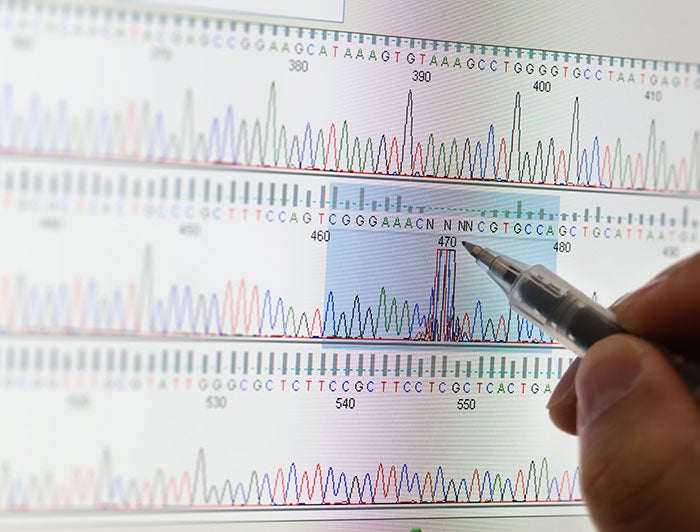Role of Hospitals: Intermountain Healthcare

When a patient with a disease like cancer receives an early diagnosis, their survival rate and chances for successful treatment increase significantly.
At Intermountain Healthcare, based in Salt Lake City, Utah, clinical teams are using precision genomics to personalize care and treatment, determine an individual’s risk for certain genetic conditions and identify how well an individual will respond to specific medications and dosage. The overall goal is to provide a better patient experience while helping to reduce costs.
One example of using precision genomics is for treating cancer, which is caused by changes in DNA that can make a normal cell become cancerous. Intermountain Precision Genomics can analyze a person’s tumor DNA to discover what gene mutations are causing the cancer and then determine what treatment could best target advanced, stage IV cancer.
Intermountain’s precision genomics and cancer care teams work with patients to determine their unique needs, review test results and develop an individualized treatment plan. The results can point to the most effective treatment for a patient — either traditional therapy, like chemotherapy or radiation, or cutting-edge treatment, like immunotherapy.
Intermountain teams also are using pharmacogenomics to help determine which medication and how much of it will be most effective for a patient and less likely to cause harmful or unexpected side effects.
This kind of personalized medicine, called precision medicine, helps providers customize care based on genetics, environmental and lifestyle factors. The Intermountain Healthcare website has more information and highlights several patient stories.

